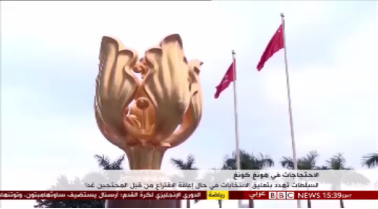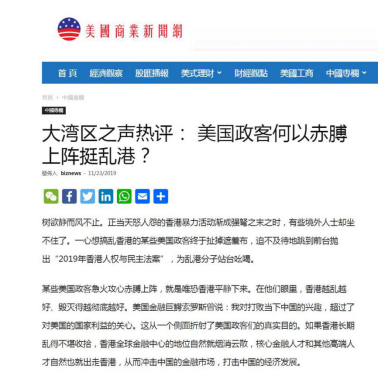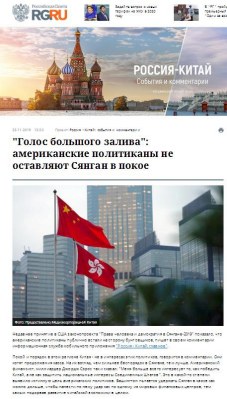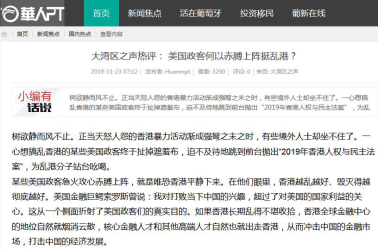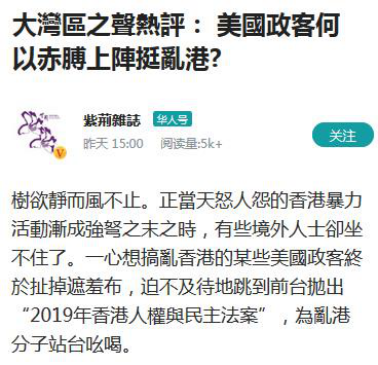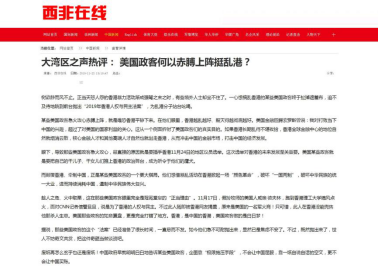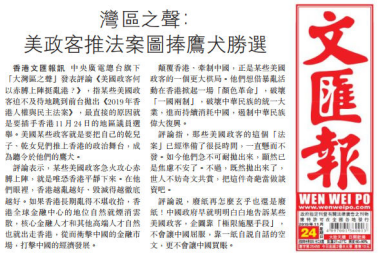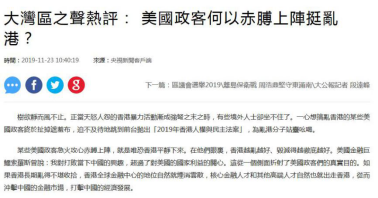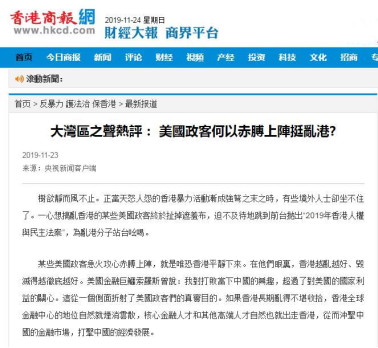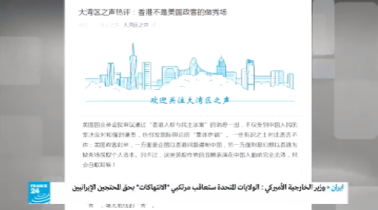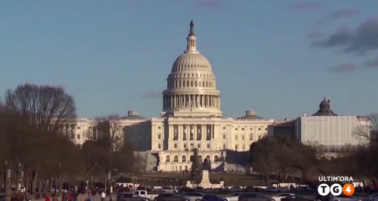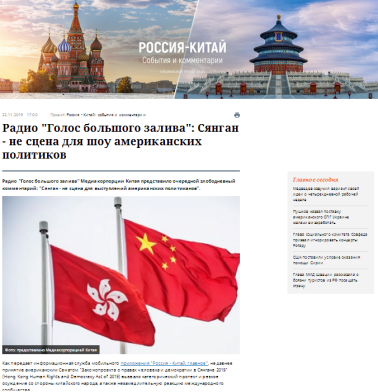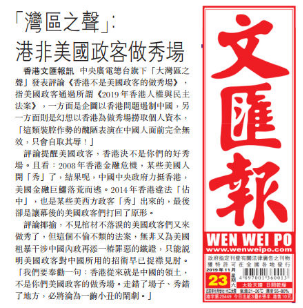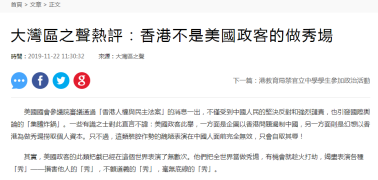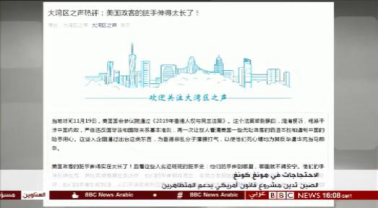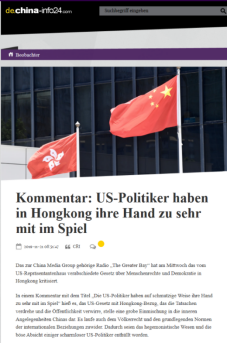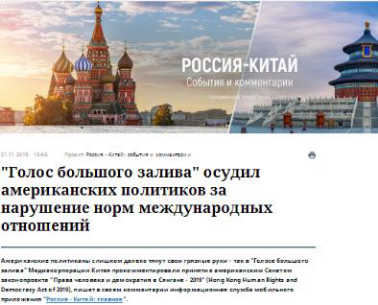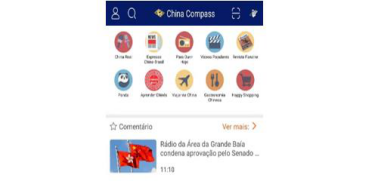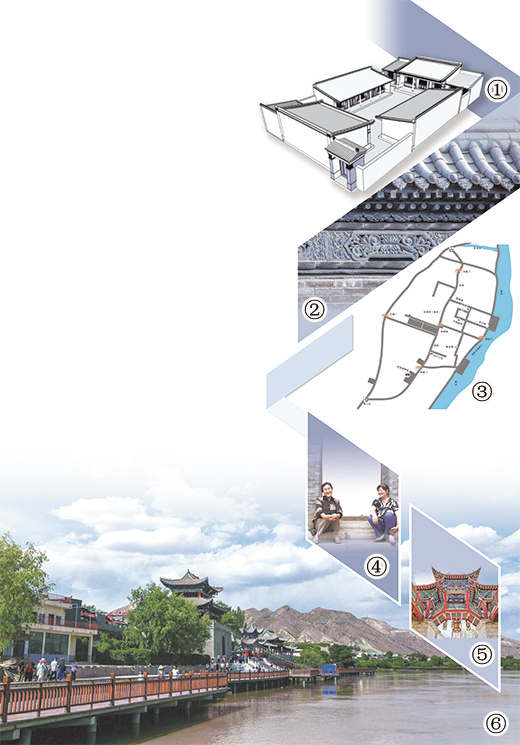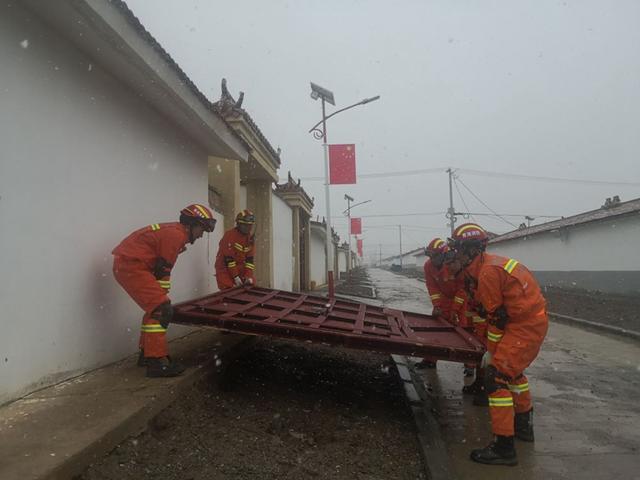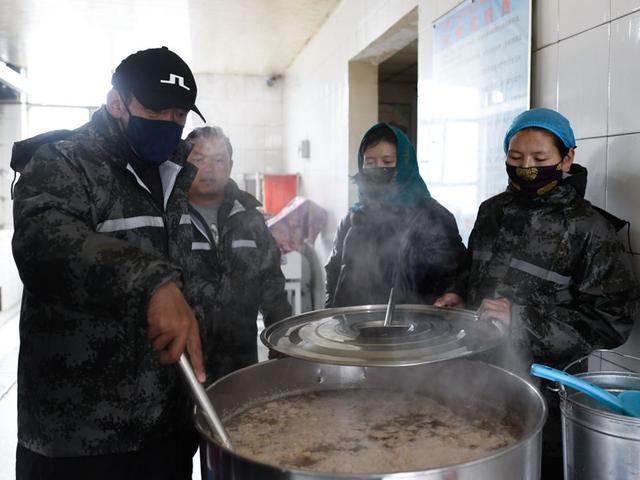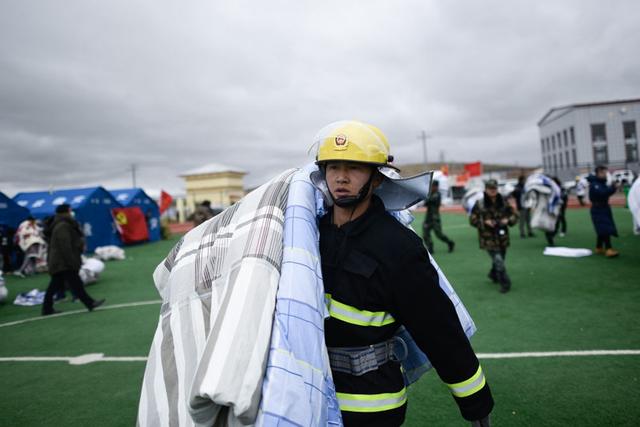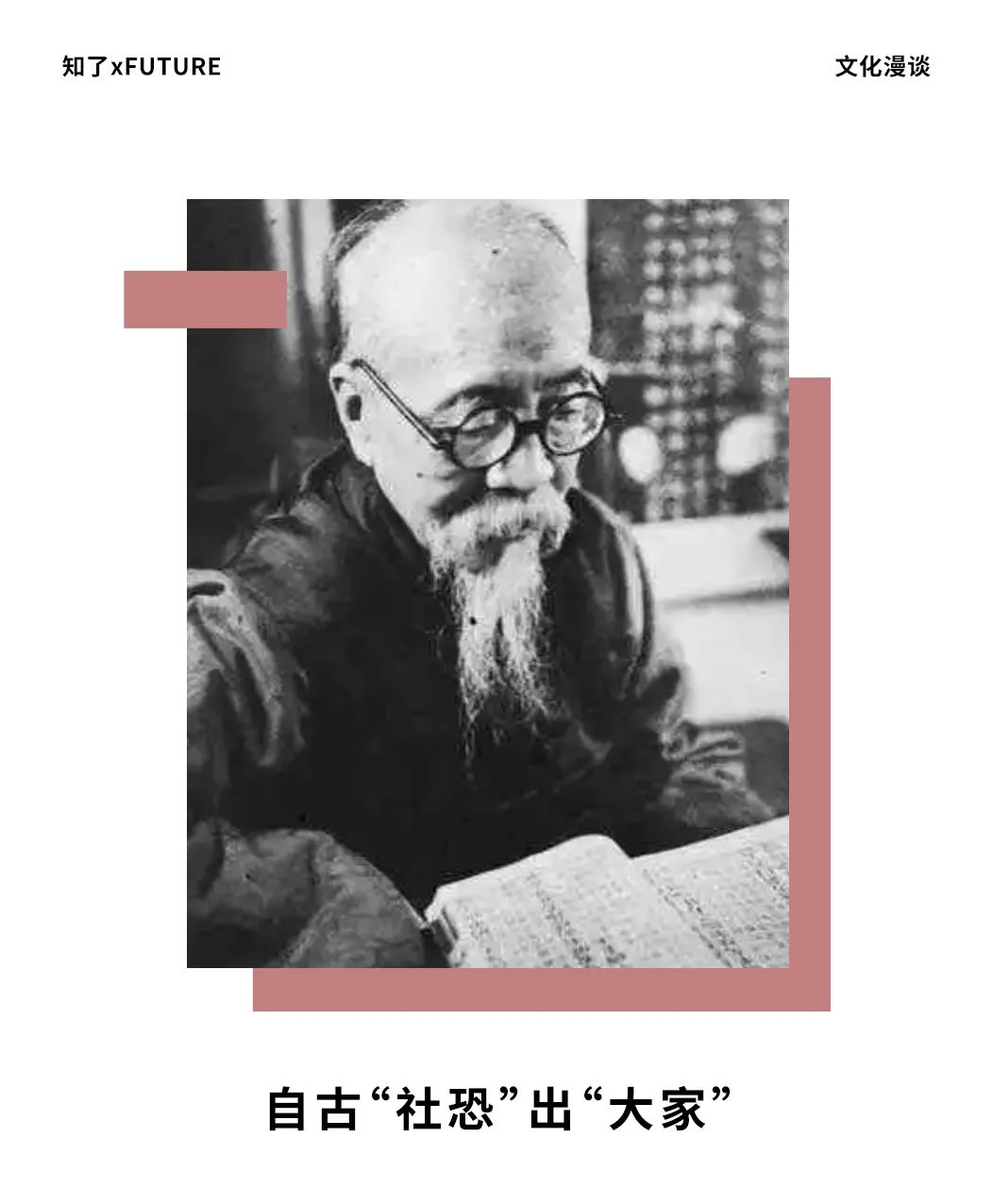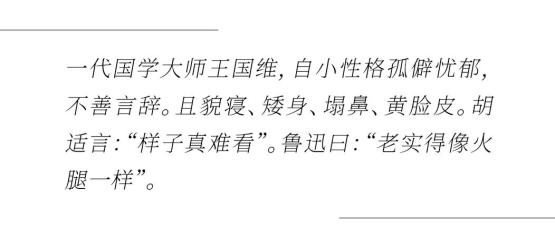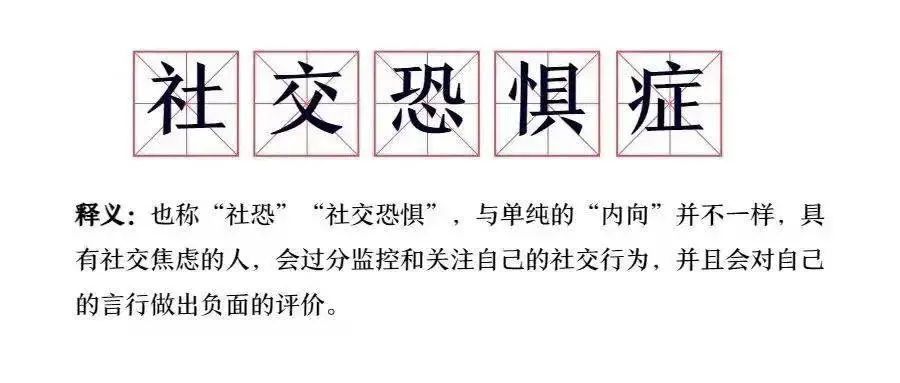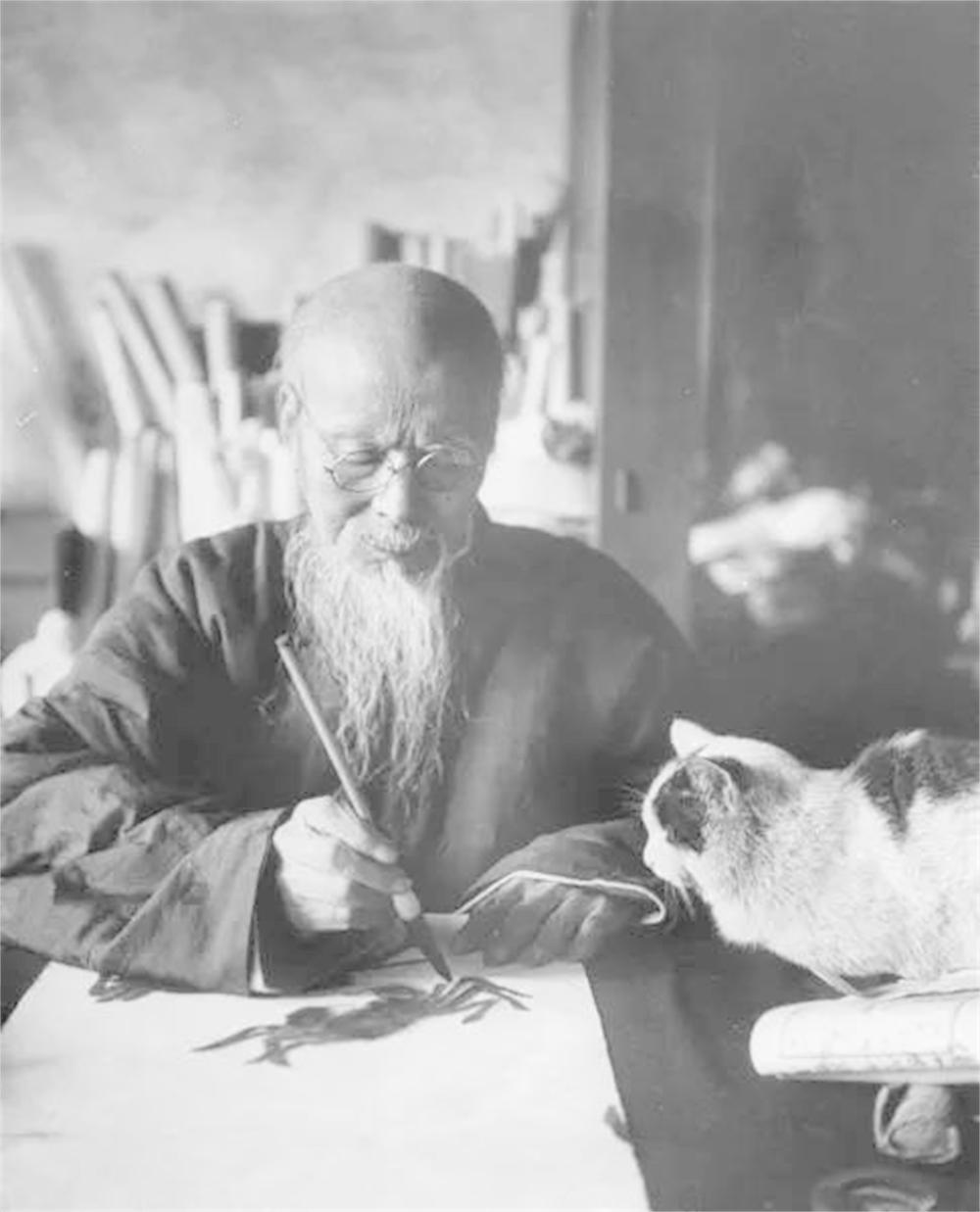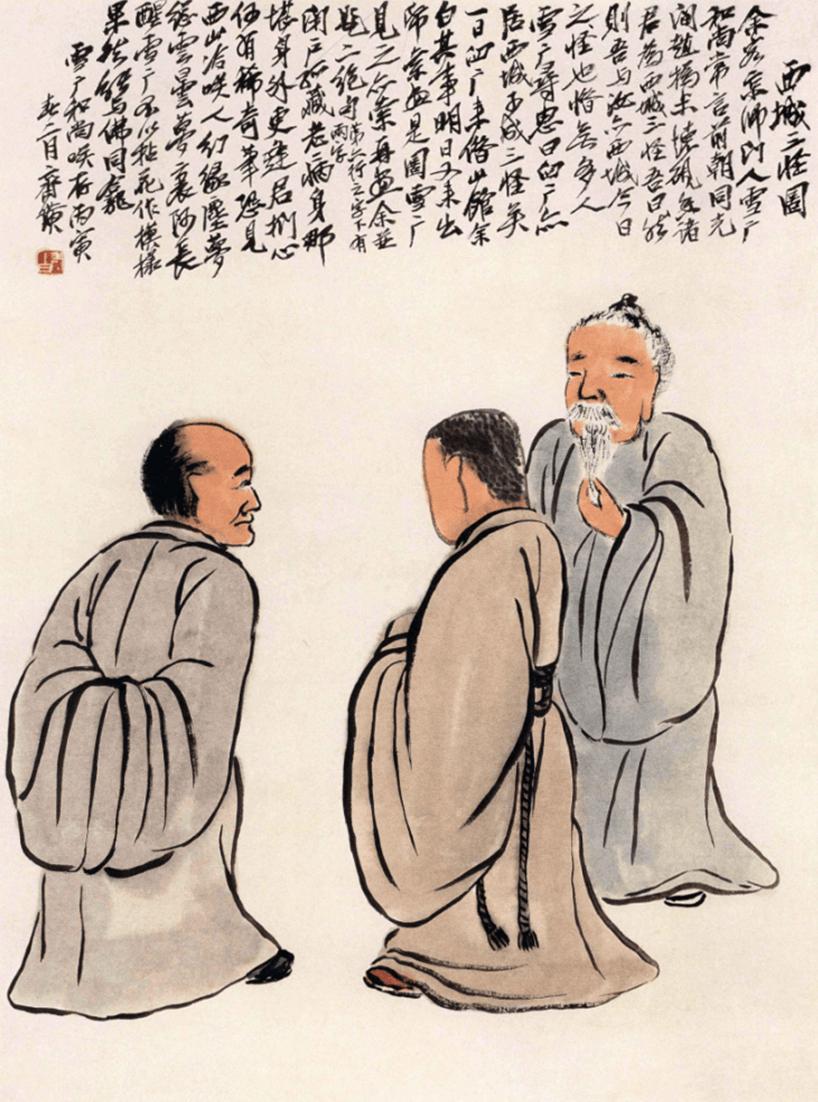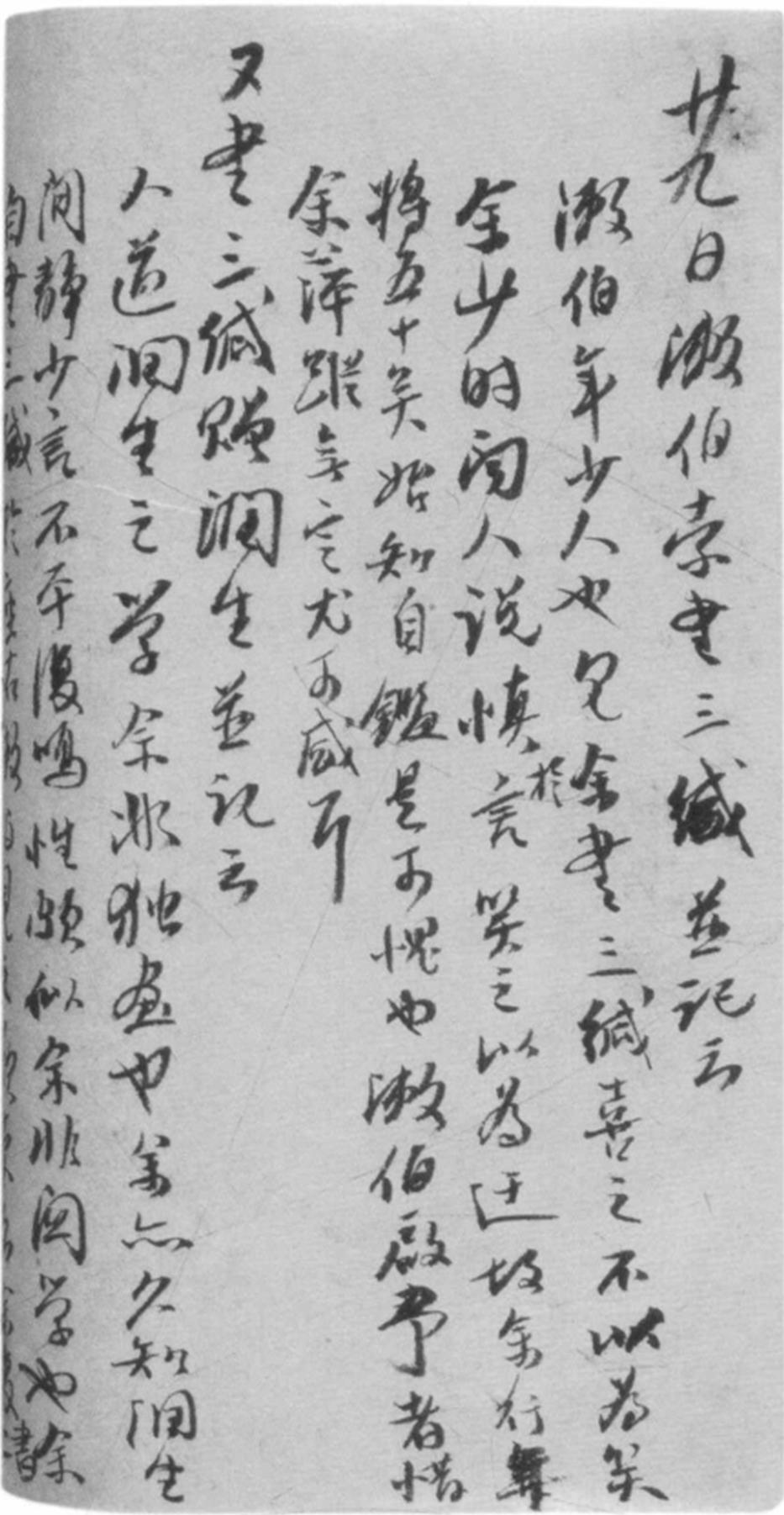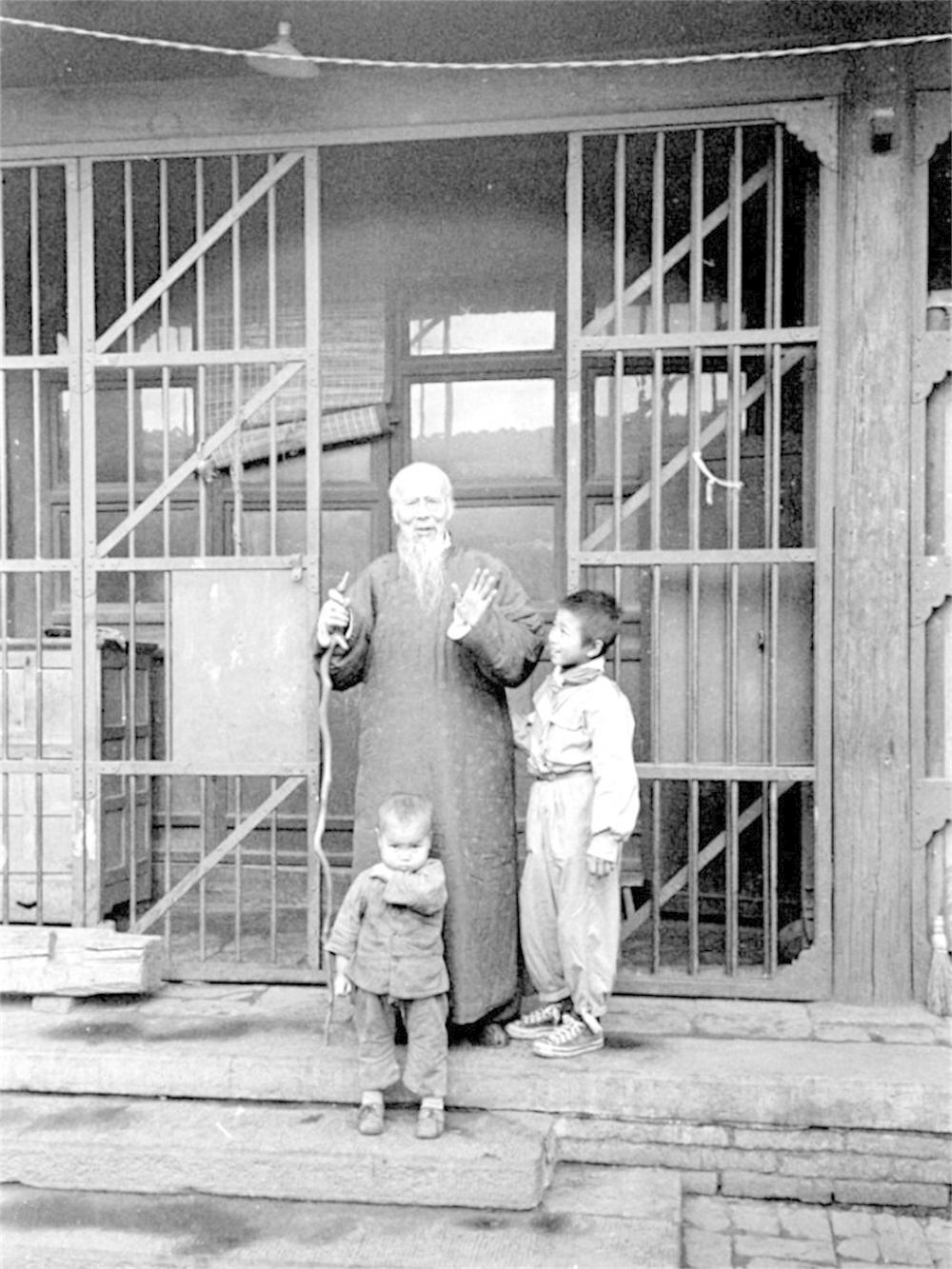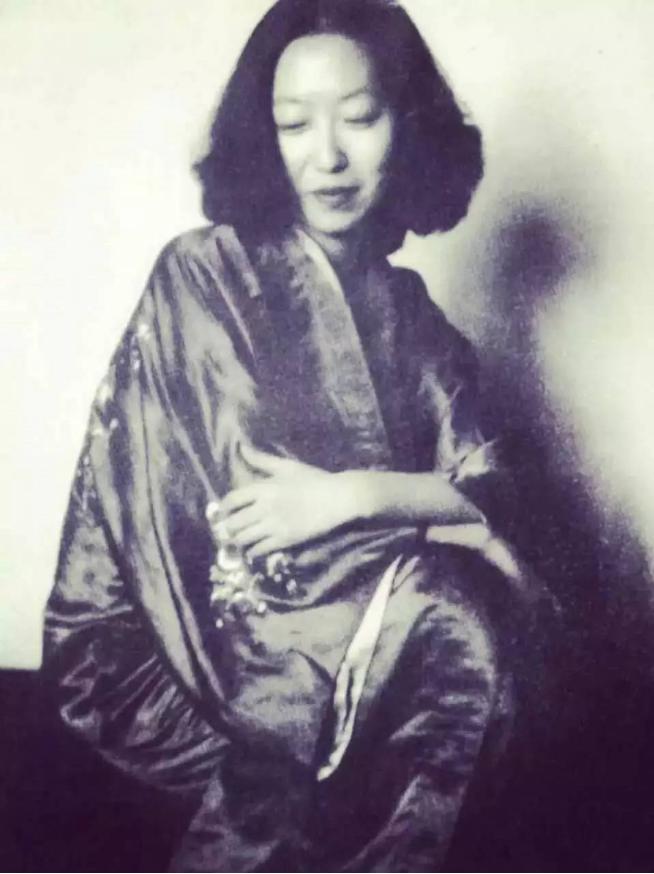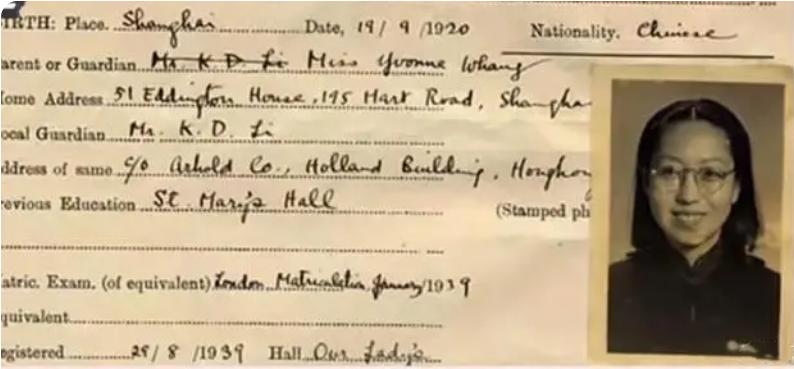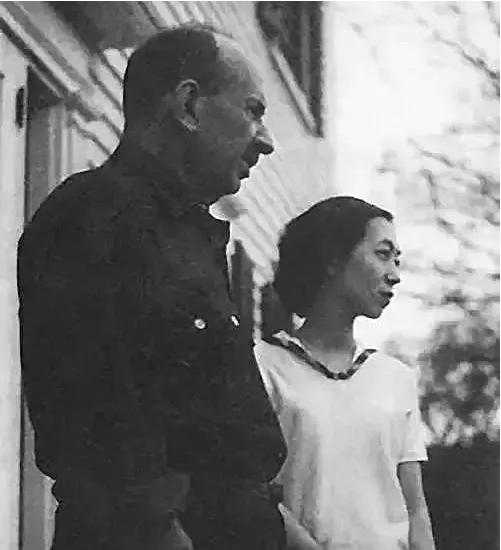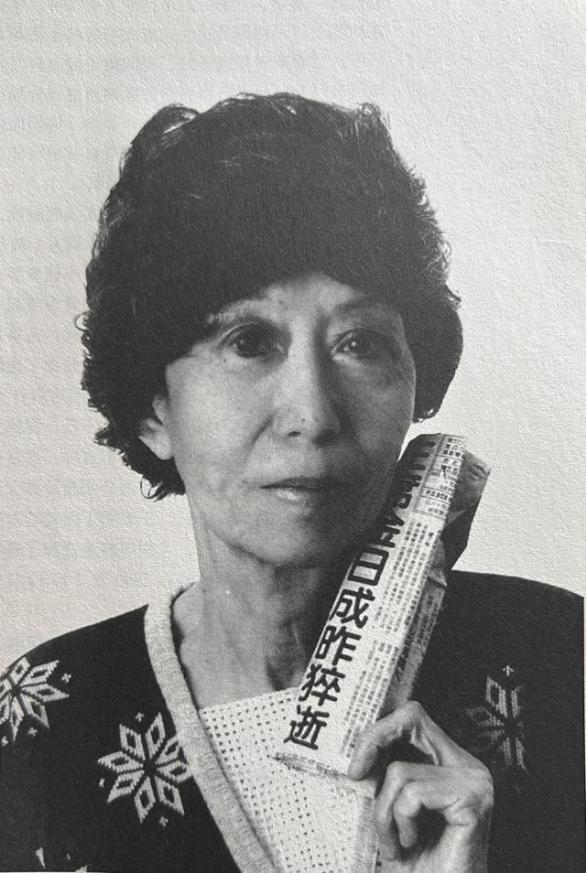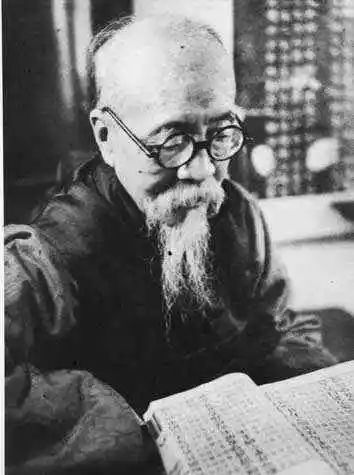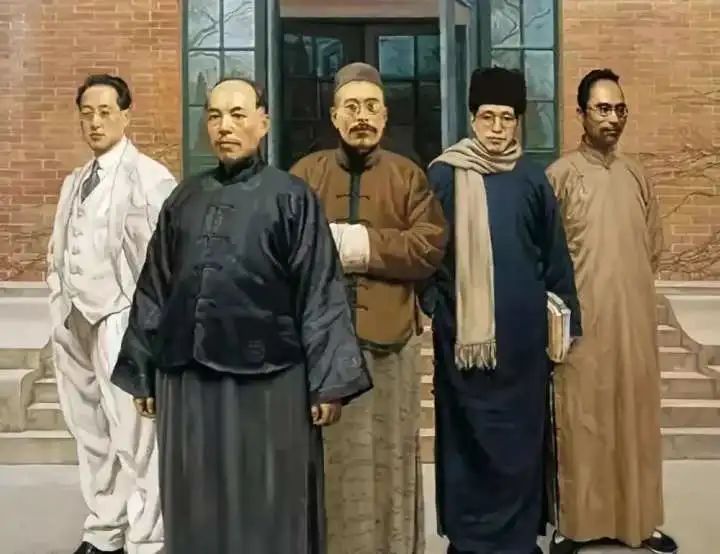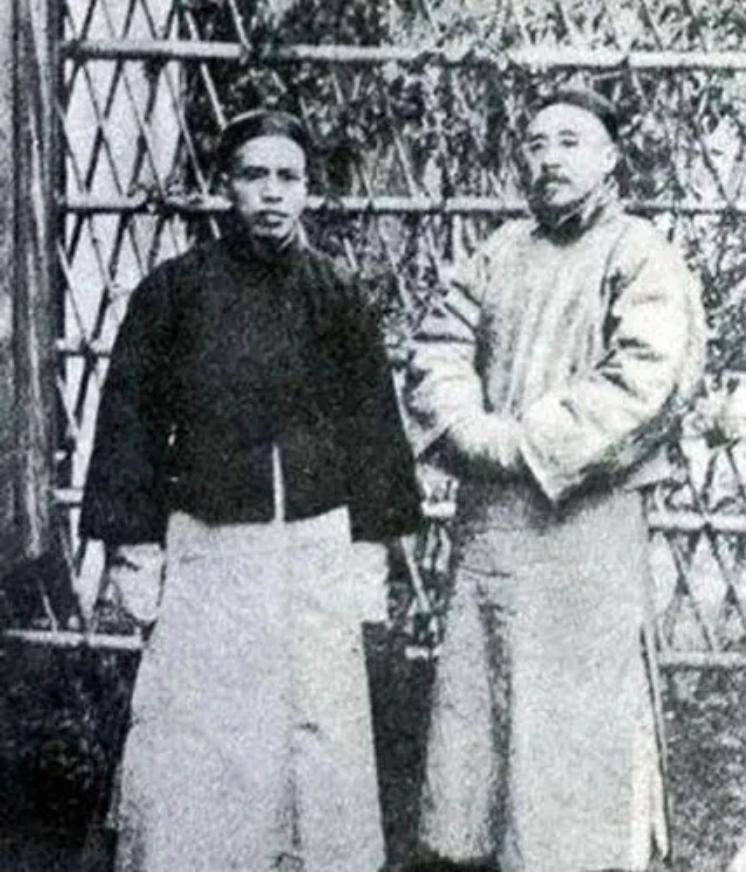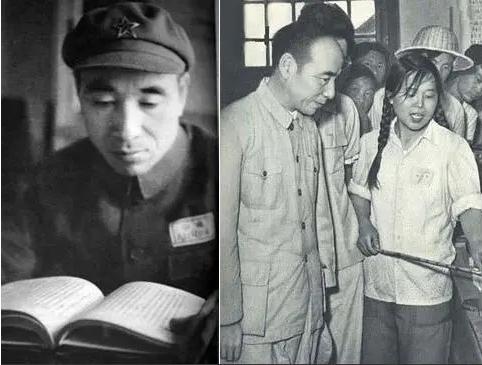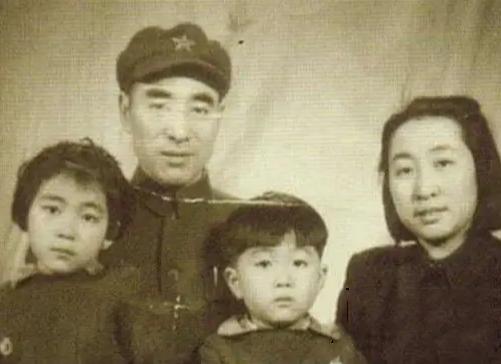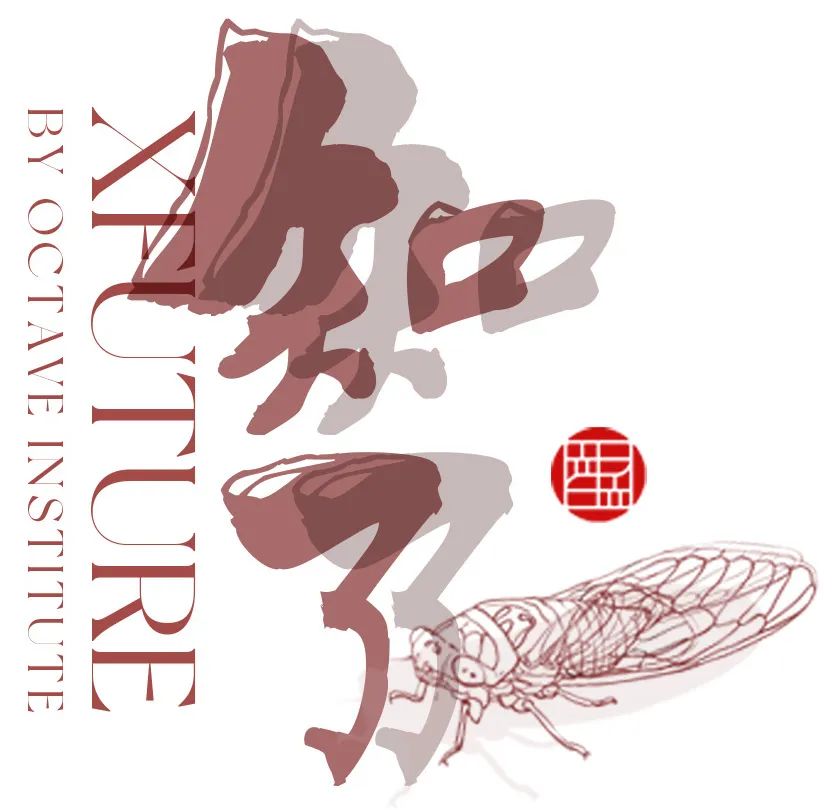Yang Ziqing exposed himself and Tao Zhe naked text messages or for the upper position but lost the game.
Special feature of 1905 film network Last week, Yao Di, who had a hard time coming back after a year’s silence, was reported as "Little Three Doors", which really made Xiaobian pinch a cold sweat for her! Fortunately, wei li, the leading actor, came out to defend Yao Di’s sword. With a posture of "I am just chasing her", people’s attention was focused on Yang Ziqing, the whistleblower. However, wei li said: She is not my ex-girlfriend at all. She poured cold water on Yang Ziqing, so she had to end up with a sentence "I’m just a bitch you played with". A war that was supposed to be torn to an abrupt end, and Yang Ziqing seemed a little unwilling. This Monday, it was revealed that this time, the hero became a married Tao Zhe, and even the most explicit chat records were made public. It can be seen that Yang Ziqing was "serious", but it was a pity that he lost the game.
As soon as this incident came out, Tao Zhe didn’t be a coward, and immediately issued a statement, acknowledging Yang Ziqing’s identity as an "ex-girlfriend" (still much better than Li Weiqiang, at least giving him a birthright), and telling the world: "Tell me, my wife knows anyway" frankly faced the accusation of being derailed, and even her mother-in-law came out to speak for Tao Zhe. This marriage defense seems to be very sure.
But nothing can stand close scrutiny. When the love affair between Tao Zhe and Jiang Hengrong was exposed, it was photographed in a recording of their love on WeChat in May 2014. However, Yang Ziqing’s exposed chat records clearly mentioned that "you are already someone else’s husband" and "you are getting married soon" and more large-scale conversations at least proved that it happened at similar times. However, knowing that Tao Zhe was about to get married, Tao Zhe kept seducing each other. Miss Yang also knew that she was doomed, but forced out the dialogue that "getting married is my mother’s will, in fact, I love you". At first glance, Miss Yang seems to be satisfied. However, the existence of this sentence may be an obstacle to the marriage crisis between Tao Zhe and Jiang Hengrong.
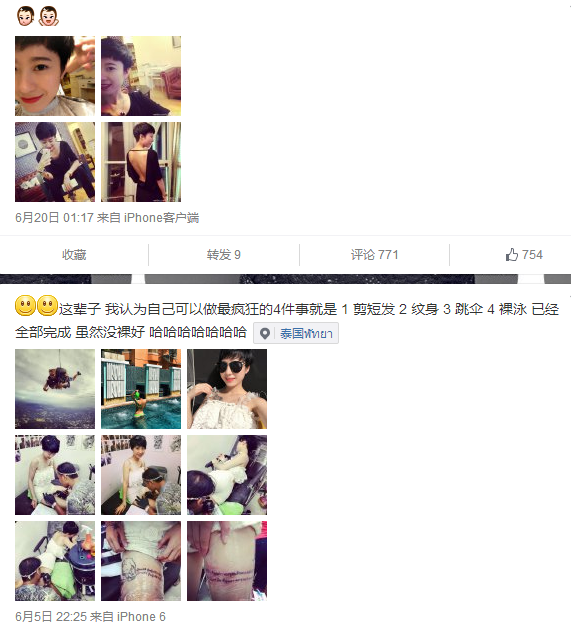
In addition to taking selfies, Weibo of Yang Ziqing takes selfies.
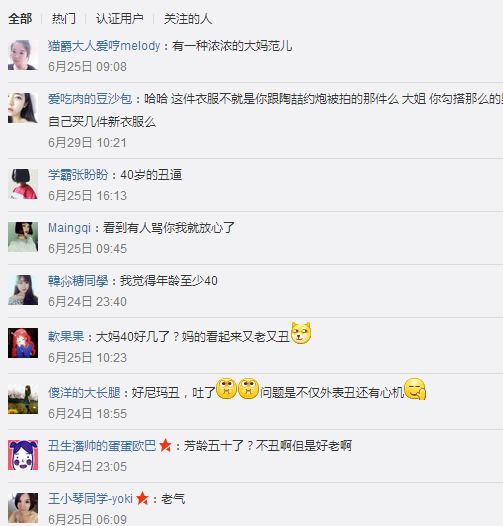
Unscrupulous comments from netizens
Yang Ziqing: The upper position is not turned into a tool for everyone to spy on privacy
If you think about the whole story, if it weren’t for wei li’s urgent stand up to protect Yao Di, maybe Tao Zhe’s story wouldn’t have exploded so early. The aura of stars always makes people dizzy. When the love affair between wei li and Yao Di came out, Yang Ziqing quickly followed the rhythm, and the exposed photos all revealed a strong caution. Unfortunately, wei li’s reputation was not big enough, and Yang Ziqing was drowned in the ocean of entertainment news without saying "ex-girlfriend". I’m afraid it’s too different from what I expected. Yang Ziqing finally "zoomed in", and all the open chats were naked. In the exposed chats, Tao Zhe claimed that he would go to Chengdu with his fiancee, and he had to make a separate appointment with Yang Ziqing to "check in". It is estimated that on August 31, 2014, Tao Zhe and Jiang Yurong held a wedding, so this conversation was just before August 31, from May to August. And Yang Ziqing also said in an interview later that Tao Zhe has been making appointments with himself to open a room since she got married. A series of stories seem to have been dumped, abandoned, or played with, trying to win everyone’s sympathy, but they are all full of abuse and contempt.
Li Bihua said, "When a happy party shows love, there must be one party licking the wound in the dark." Yang Ziqing is still too weak. Go and see her Weibo. Besides taking selfies or taking selfies, the words are not nutritious at all. On the surface, it looks really a few blocks away from Jiang Hengrong. In addition, Yang Ziqing also participated in the blind date program, in which the narcissism and pleading confession of a male guest were rejected, which once again challenged the bottom line of netizens. And 22-year-old Yang Ziqing, also too don’t understand the world, naive a little let a person feel poor. An ignorant little girl may be bound to lose when she hits an old hand in love. How can a defender of marriage allow such a little girl to get the upper hand? Jiang Hengrong immediately replaced Weibo’s head with a photo with Tao Zhe to save the marriage silently.
Because marriage is a fortress and a woven net with strong self-protection ability, it doesn’t allow outsiders to wantonly destroy it, especially a woman who only challenges her emotions with her bare hands. Even if there are more contradictions and compromises in this marriage, it doesn’t allow others to make decisions, and the attacks of online public opinion on women are often the most severe. Ma Yili and articles coexist peacefully, regardless of whether there are scars inside or not, at least the attitude towards the outside world is consistent. The quotation of supplementary marriage proposal ends with the rhetoric of "reliable, unreliable", and Yao Di can only hide in the dark and lick his wounds. The unforgettable experience was just an "unreliable" trip. You have carefully preserved the evidence from a year ago. It seems that you got the opportunity to be interviewed and the possibility of being noticed just for the arrival of this day. But looking at all Weibo’s comments, you will know that you finally only satisfied the desire of others to spy on the privacy of stars, which is so sad.
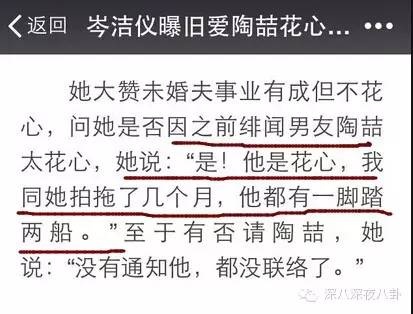
A girlfriend personally testified that Tao Zhe had two feet at one foot.
Tao Zhe: A gifted scholar should not be so romantic.
Some netizens broke the news that Tao Zhe and Yang Ziqing met at a concert celebration dinner, and then fell in love, while Tao Zhe’s father Tao Dawei died in 2012, when Tao Zhe thanked his girlfriend Jiang Rongrong for her constant company. And this evidence really can’t hide the fact that Tao Zhe has two feet on both sides. At that time, Yang Ziqing was only a 17-year-old girl, while Tao Zhe was 40 years old.
Tao Zhe may not be so bad. At least he didn’t completely vilify Yang Ziqing in order to save himself, but just started the instinct of self-protection, saying "my wife knows everything" as an explanation, but he didn’t consider the embarrassment of being a wife. As soon as this incident comes out, Tao Zhe’s reputation as a "playboy" will probably be smashed again. That touching Melody was sung to Yin Yue, the only ex-girlfriend he ever admitted, but after breaking up with Yin Yue, he quickly hooked up with Joanna, cheated on Bai Xinhui, fell in love with Cen Jieyi, and went out to the hotel with Jian Baoshan. Every time, the media caught him red-handed, and Cen Jieyi even admitted that Tao Zhe had a foot in two boats when he was with him.
The so-called "art comes from life", Tao Zhe’s talent is called the godfather of music in the pop music world. Southern People Weekly commented on him like this: BiBi Zhou is his fan, and Wang Leehom asked him for R&B’s singing skills. Jay Chou, who has always been confident, also candidly admitted that "his skill is better than mine", Tayu Lo often talked about him "appreciating his musical attitude", and Jonathan Lee, the "big brother of the industry", bluntly commented that "he should". Although the love songs written by Tao Zhe are not high-yield, they are quite popular. "I can’t forget, I can’t forget your mistakes, I can’t forget your goodness, I can’t forget the walk in the rain, and I can’t forget the hug in the wind." "I want to bid farewell to the past. When the seasons keep changing, I am still less determined. In this lonely season." How many stories are behind these lyrics that are directed at people’s hearts? How many of those lonely feelings have made their own chips in love?
If you use "flower heart" to shape your own work and make it the source of your own creation, then these women will eventually become passers-by, which is probably too sad and sad. Wits are admired, but they really shouldn’t be so romantic. Now that you are a husband, marriage is like entering a besieged city. You are no longer allowed to provoke feelings at will. Why not say goodbye to the past completely and keep the promise made at the wedding: "We will grow old together, This is my only love of life."
For Yang Ziqing, it’s actually the saddest role in the whole play. Sometimes it’s really worthless if you want to be famous and superior by sacrificing yourself. Such an action of exposing photos didn’t get sympathy or support, but only let more people know that you were slept with two men, wei li and Tao Zhe. At a young age, you should at least learn how to create your own image and openly challenge marriage. There is no chance of winning. Even if Tao Zhe and Jiang Hengrong have their own abacus, at least for now, they will be consistent with each other and support their own people.



